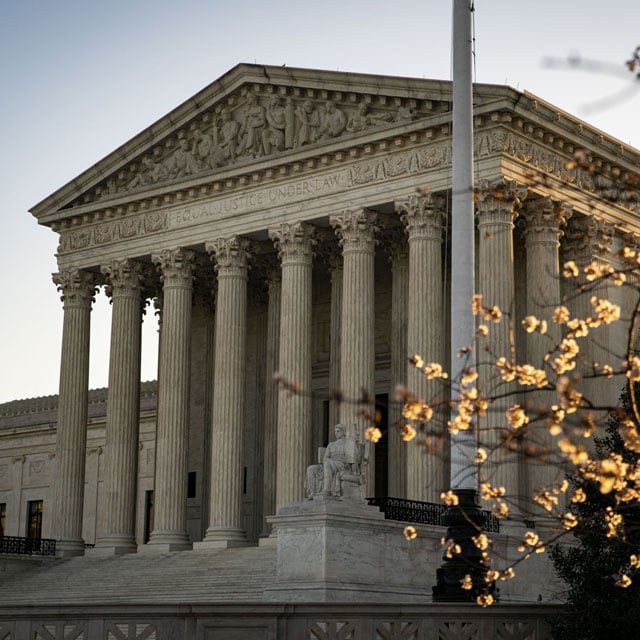Supreme Court Upholds Consumer Watchdog's Funding

The case divided the court along unusual lines, with Justice Clarence Thomas writing the court’s majority opinion and fellow conservatives Samuel Alito and Neil Gorsuch dissenting.
The decision is a rare victory for regulation at the Supreme Court, which in other contexts has cut the power of administrative agencies and put them under tighter presidential control. The lower court ruling, issued by the conservative 5th U.S. Circuit Court of Appeals, represented a novel use of the Constitution’s appropriations clause, which traditionally has been deployed as a restriction on executive branch spending power, not as a check on Congress.
Drawing Money
The CFPB isn’t subject to the year-to-year congressional appropriation process and instead draws as much money as it needs – up to a cap it has never hit – from the Federal Reserve. In fiscal 2022, the agency received $641.5 million in funding, short of its $734 million cap.
The group challenging the payday-lending rule, the Community Financial Services Association of America, contended that Congress unconstitutionally gave away its appropriations power in setting up the bureau.
“We continue to believe that the challenged CFPB rule is legally flawed, threatens access to credit, and harms the millions of American consumers who rely on small-dollar loans to manage budget shortfalls and unexpected expenses,” said Chris Vergonis, who represented the association.
President Joe Biden’s administration said the CFPB’s funding system was little different from those for other regulatory agencies, including Federal Deposit Insurance Corp., the Office of the Comptroller of the Currency and the Federal Reserve itself.
Business groups took a careful approach toward the case. The U.S. Chamber of Commerce and the American Bankers Association urged the justices to strike down the CFPB’s funding mechanism but suggested the court take the unusual step of delaying the decision’s effective date to give Congress time to set up a different system.
The mortgage-banking industry filed a separate brief asking the court to limit any ruling against the CFPB. The bureau has issued dozens of rules affecting consumer mortgages and the industry has invested billions of dollars toward compliance, according to three trade groups led by the Mortgage Bankers Association.
The case is CFPB v. Community Financial Services Association, 22-448.
The U.S. Supreme Court building in Washington, D.C. (Credit: Bloomberg)




